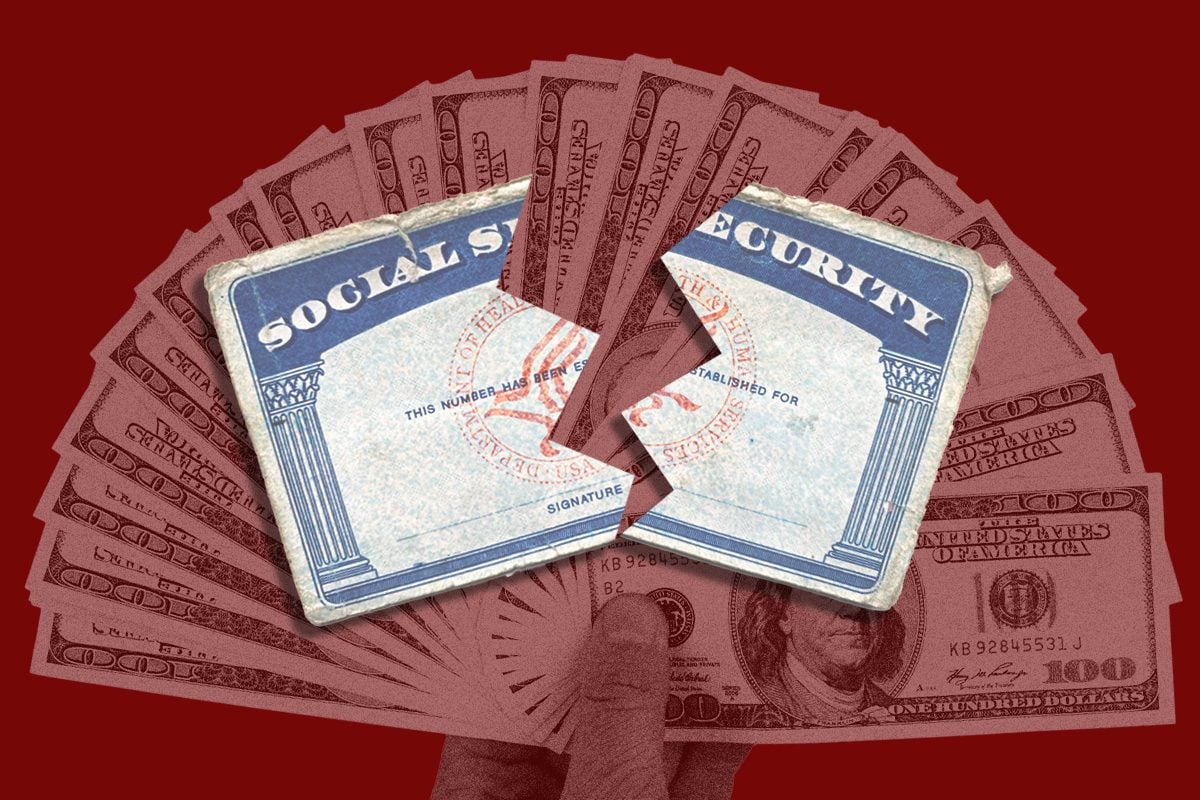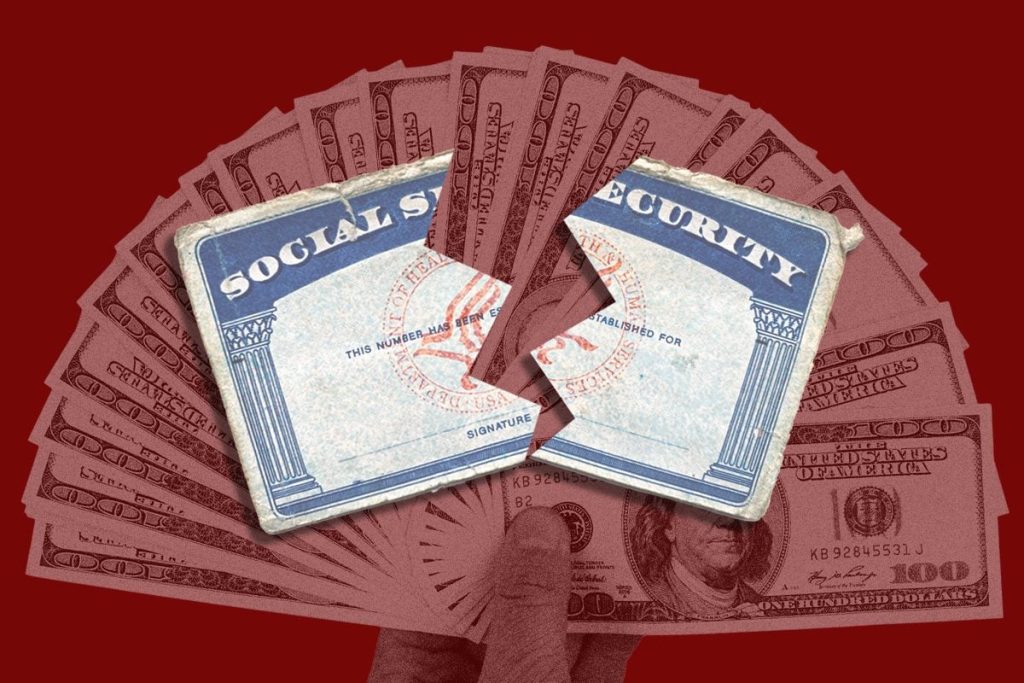Social Security is a lifeline for millions of Americans, whether it’s retirement income, disability payments, or survivor benefits. But did you know that under certain conditions, your benefits could be reduced—or even cut off completely? Losing this crucial support can be devastating, so it’s essential to understand the common reasons it happens and how to avoid them.
Here are nine key reasons people lose their Social Security benefits, explained in plain, everyday language.
1. Earning Too Much Money While on Disability
If you’re receiving disability benefits (SSDI) but go back to work and earn over $1,470 a month (the 2023 limit), you risk losing your payments. Social Security lets you test the waters with a trial work period, but if your earnings consistently exceed the threshold, your benefits might stop.
2. Forgetting to Report Changes in Income or Living Situation
For people on Supplemental Security Income (SSI), life changes like getting married, moving in with someone, or picking up extra income need to be reported. If you don’t, the SSA could overpay you—and then ask for that money back—or even stop your benefits entirely.

3. Changes in Immigration Status
Non-citizens who receive Social Security benefits could lose them if their legal residency status changes. If you move out of the country for an extended time or fail to meet residency requirements, your benefits might be at risk.
4. Trouble With the Law
An outstanding arrest warrant or a criminal conviction can pause your Social Security benefits. If you’re incarcerated, your payments stop while you’re in custody. Once released, you can typically have them reinstated.
5. Not Meeting Disability Reviews
If you receive disability benefits, you’ll occasionally have to prove to the SSA that you still qualify. These are called Continuing Disability Reviews (CDRs). If they decide your condition has improved and you’re no longer eligible, your benefits will stop.
6. Not Paying Back Overpayments
If Social Security accidentally overpays you, they’ll ask for the money back. Ignoring the issue can lead to a reduction—or even suspension—of your current benefits until the debt is paid off.
7. Going Back to Work Without Telling the SSA
Starting a new job while receiving disability benefits? You need to notify Social Security right away. Failing to report your income could disqualify you from getting future payments.
8. Kids Aging Out of Eligibility
If your children are receiving benefits based on your work record, those payments usually stop when they turn 18. If they’re still in high school, they can receive benefits until they graduate or turn 19. Knowing this ahead of time helps you plan for the change.
9. Errors in Your Earnings Record
Your Social Security benefits are based on your work history, so if there’s a mistake—like missing income—it could result in lower payments or delays. Check your Social Security statement regularly to ensure your record is accurate.
How to Protect Your Benefits
Losing Social Security benefits can be overwhelming, but you can take steps to protect yourself:
- Stay proactive. Report changes in your income, work status, or living situation to the SSA as soon as possible.
- Keep your records updated. Check your Social Security earnings statement every year to make sure everything’s correct.
- Understand the rules. Whether it’s disability reviews or rules about returning to work, knowing what’s expected can help you avoid problems.
Social Security is there to support you, but it’s up to you to stay informed and follow the guidelines. With a little attention and effort, you can keep your benefits safe and secure for years to come.

